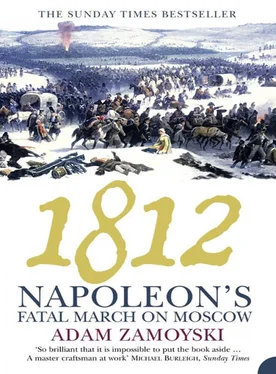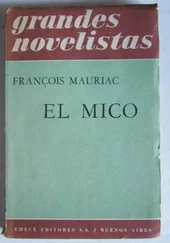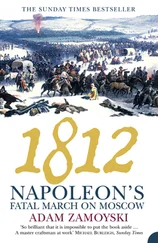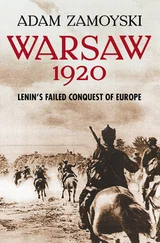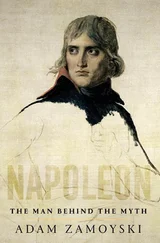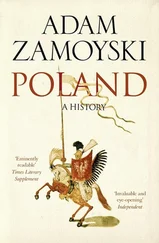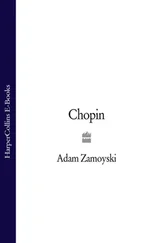When Catherine the Great came to the throne, exactly half a century before 1812, Russia had been of little significance outside the immediate area of eastern Europe. Peter the Great had done much to modernise his kingdom, and he put it on the map by building a fancy new capital at St Petersburg. In 1721 he even awarded himself the title of Emperor. But he was succeeded by a series of largely ineffectual monarchs, most of them ushered in through disreputable palace revolutions. They were feared by their subjects but generally despised by the other rulers of Europe, none of whom recognised the imperial title Peter had assumed.
Catherine changed all that. She worked hard at organising the state, involved herself in the affairs of Europe, and initiated an aggressive foreign policy which over the next fifty years was to add the whole of Finland, what are now Estonia, Latvia, Lithuania, Belarus and Ukraine, most of Poland, the Crimea, some of what is now Romania, the Kuban, Georgia, Kabardia, Azerbaidjan, parts of Siberia, Chukchi and Kamchatka to her dominions, as well as part of Alaska and a military settlement just north of San Francisco. This not only increased the size and population of Russia, it also brought her frontiers six hundred kilometres further into Europe and her rulers into European affairs. By 1799 Russian armies were operating in Switzerland and Italy. In a memorandum to Catherine’s successor Paul I, the Russian Chancellor Fyodor Vasilievich Rostopchin wrote: ‘Russia, as much by her position as by her inexhaustible resources, is and must be the first power in the world.’ 1It was a constant aim of Russian policy to extend that power over the Balkans, Ottoman Turkey and into the Mediterranean.
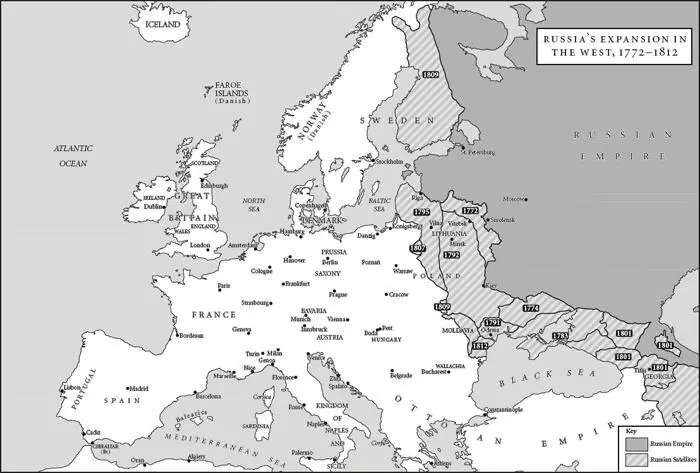
Many in Europe were alarmed at this seemingly inexorable onward march of Russian power. There was talk of ravening Asiatic hordes and some fear, particularly after the first partition of Poland in 1772, that Russia might engulf the whole of Europe as the barbarians had done with ancient Rome. ‘Poland was but a breakfast … where will they dine?’ Edmund Burke wondered, echoing the fears of many. 2Diplomats were struck by the single-mindedness and ruthlessness of Russia’s foreign policy: she did not play by the same rules as others. What few appreciated was the extent to which Russia saw herself as a special case.
When Ivan IV, popularly known as the Terrible, was crowned in the Uspensky cathedral in the Kremlin in 1547, he took the title of Tsar (Caesar) and laid claim to the legacy of Byzantium. ‘Ivan was claiming not only sovereignty, independence from other powers,’ in the words of Geoffrey Hosking, ‘but the actual superiority of his realm, as the universal Christian monarchy, to all others on earth.’ 3He used the regalia of Byzantium and had himself depicted alongside Roman emperors. His successors and their political servants remained faithful to this legacy and the mission it imposed. It was not for nothing that Catherine had named her two eldest grandsons Alexander and Constantine.
France had traditionally kept a string of allies in the east – Sweden, Poland and Ottoman Turkey – whose purpose it was to contain the then dominant threat of Habsburg power in central Europe. When Russia began to impinge, she depended on this ‘ barrière de l’est ’ to guard against the new threat developing in the east. But by the end of the eighteenth century, Sweden had declined as a power, Poland had ceased to exist, and Turkey had been pushed out of the Crimea and Moldavia, and was in a state of political decay. France would have to look elsewhere for allies.
In 1801 General Bonaparte, who was then First Consul, decided to make an ally of Russia herself. When, during negotiations on the exchange of prisoners, the British and Austrians refused to accept seven thousand of their Russian allies taken prisoner by the French in Switzerland in exchange for French prisoners they were holding, Bonaparte offered them free to Tsar Paul. He even volunteered to clothe and arm them. Paul, who had previously held everything to do with revolutionary France in abhorrence, was as disarmed by this chivalrous gesture as he was annoyed by the mean-mindedness of his Austrian and British allies. Bonaparte, who knew how much the Russians lusted for a harbour in the Mediterranean, followed this up by offering Paul the island of Malta (which was about to be captured by the British anyway). He would at this stage even have contemplated awarding Constantinople to Russia in order to enlist her support against Britain. He was well on the way to achieving this when, on the night of 23–24 March a group of generals and court officials forced their way into Paul’s bedroom in the Mikhailovsky Palace in St Petersburg and murdered him. 4
Paul had been mentally and emotionally unstable, if not actually mad, and there was an open sense of relief in Russia at his death. Whenever his son and successor Alexander showed himself in public in the first weeks of his reign, he was mobbed by people kissing his hands and clothes, and Pushkin later wrote of ‘the magnificent dawn of Alexander’s days’. But while he stands out among the monarchs of his day by his generous nature, his lack of vindictiveness and his hatred of injustice and cruelty, Alexander was also marked by severe psychological problems.
Though not unintelligent, he suffered from an inability to think through the consequences of his words and actions. This need not have mattered much had it not been for the education his grandmother, Catherine the Great, had devised for him. She was a despot who admitted no liberal ideas in or near her dominions. Yet alongside mathematicians and priests, she engaged the services of the Swiss republican philosophe Frédéric César de La Harpe as tutor for her grandson. The child was subjected to a regime of moral education which consisted of the study of improving stories drawn from the scriptures, history and mythology, as well as a whole canon of secular Enlightenment morality. His limited mind could hardly have been expected to square the religious precepts with the profane, or to accommodate within the despotic reality the radical concepts preached by La Harpe. ‘This little boy is a knot of contradictions,’ Catherine commented, somewhat disingenuously, after a few years of this diet. 5
Alexander’s principal failings – vanity, weakness and laziness – also need not have mattered much, had it not been for the brand of moral education to which he was subjected, and which expanded his perceived duties well beyond his capacities. He had to keep notebooks, ‘archives of shame’, in which he jotted down every failing, every piece of bad behaviour, every loss of temper or lack of diligence in study. ‘I am an idler, given over to irresponsibility, incapable of true thought, speech and action,’ the twelve-year-old notes on 19 July 1789. ‘Egoism is one of my shortcomings, and vanity its main cause; it is easy to see to what they might lead me if I give them a chance to develop,’ on 27 August. 6This continuous self-flagellation only aggravated an innate sense of inadequacy.
When he came to the throne at the age of twenty-three, Alexander was a young man of great charm, burning with desire to improve the world. But as he struggled to live up to what he thought was expected of him, he was undermined by a terrible moral canker. His father’s murderers had naturally made him a party to their plans, since it was in order to put him on the throne that they had decided to act. He would claim that he made them swear they would not kill Paul, but he was nevertheless an accomplice in the crime of parricide. He could hardly penalise them, so they continued to hold high office at court and rank in the army. Alexander was racked with guilt for the rest of his life for the part, however passive, he had played in the murder.
Читать дальше
